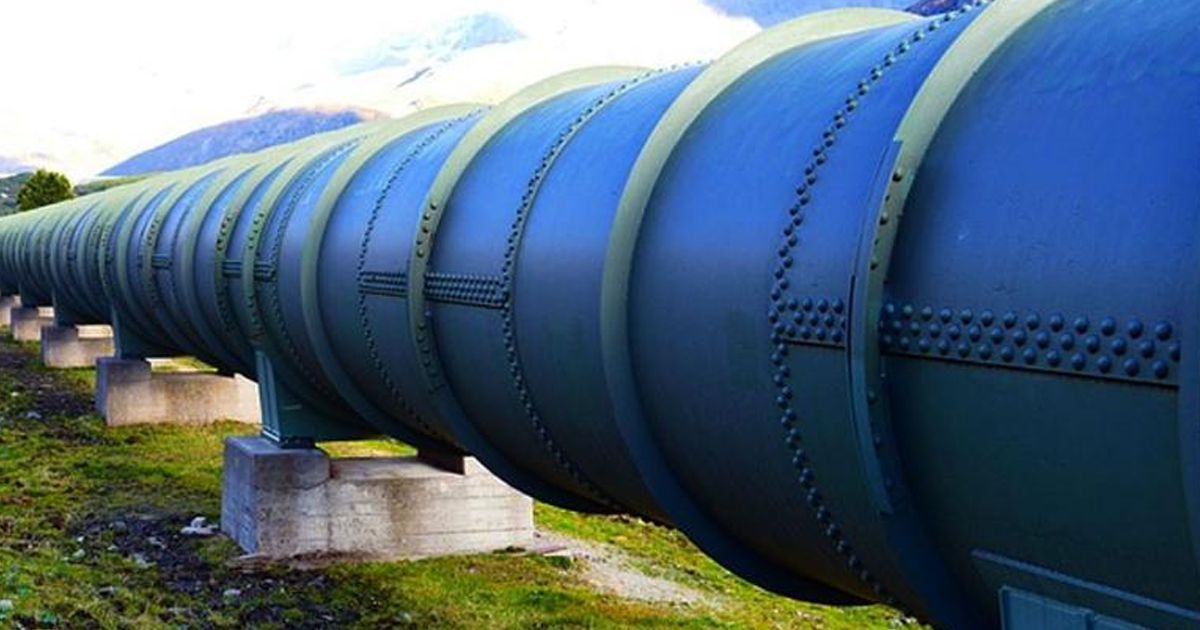Echoing the same dangers that water protectors warned about the Dakota Access Pipeline, another pipeline in the Western part of North Dakota has ruptured, spilling more than 176,000 gallons of crude oil.
The majority of the 176,000 gallons – a rough estimate that could be much higher – of spilled oil entered the Ash Coulee Creek from the Belle Fourche pipeline where it will pollute the water supply of thousands.
To make matters worse, the company that owns the pipeline, Wyoming-based True Companies, says they have no clue why the pipeline ruptured. The company apparently uses monitoring technology to detect leaks like this, but for whatever reason, that detection failed. In fact, the company thinks it might have failed due to the heavy flow of the oil.
Thanks to last week’s blizzard, as well as the failed detection technology, officials cannot tell just how much oil the pipeline leaked. The Belle Fourche pipeline typically carries 1,000 barrels of oil a day, which is about 42 gallons per barrel.
The thing about spills like these is that they are not uncommon. In fact, they happen so frequently that they must surely be calculated into profit margins and cost of doing business. And yet the environment cannot account for the stray thousand gallons of crude oil polluting the land, water, and wildlife.
All told, True Companies has declared 36 other oil spills since 2006 alone, totaling more than 320,000 gallons carelessly spilled into the ground and water.
For now, this pipeline has been shut down until further notice. But it is just one of many that we have to be concerned about. Even as investors continue to drive for the construction of the Dakota Access pipeline, there are more than 72,000 miles of crude oil lines in the United States, all subject to ruptures and leaks at any moment.
This is exactly the science that investors in these pipelines do not want you to know. While they are busy hiring oil police to protect their pipeline elsewhere from peaceful protesters, another pipeline is doing exactly what they pretend can’t happen.
If ever again a corporate interest tells you that these pipelines are safe or effective, remember this ironic environmental disaster.




